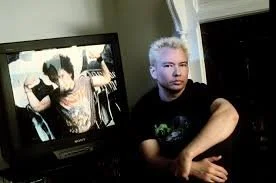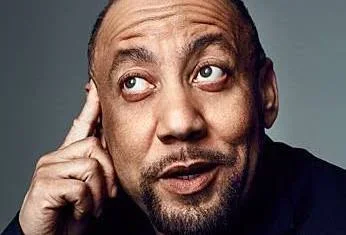
Max
Max Wolf Valerio is a trans man, and a mixed Blackfoot/Sephardic poet, performer, and writer. He has appeared in a number of documentaries, including the Max short in Monika Treut’s Female Misbehavior. He featured in several feature films, including Unhung Heroes, in which he plays a pansexual artistic transman who dreams of exhibiting sculptures of his penis, and Gendernauts. Valerio’s writing has been published in This Bridge Called My Back (pre-transition under his former name, Anita Valerio), This Bridge We Call Home, Male Lust: Pleasure, Power, and Transformation, Transgender Care, Body Alchemy, and The Phallus Palace.
SealPress. “Max Wolf Valerio,” n.d. https://www.sealpress.com/contributor/max-wolf-valerio/.
Max Wolf Valerio is an iconoclastic poet and writer, and a long-transitioned man of transsexual history. He identifies primarily as an individual although his ancestry is Northern European, American Indian (Blackfoot Confederacy- Blood/Kainai band) on his mother's side, and his father is Hispano from Northern New Mexico and descended from the Conversos and crypto-Jews of the Sephardic diaspora following the Expulsion. A chapbook Animal Magnetism (eg press) appeared in 1984. He read and performed his poems to music and in featured readings in San Francisco throughout the 70s and 80s at places like Intersection for the Arts, CoLab, Valencia Tool and Die, the San Francisco Art Institute, and The Marshall Weber Gallery (now ATA). Recent poetry includes: Exile: Vision Quest at the Edge of Identity--a long poem set to ambient music and excerpted in Yellow Medicine Review and made possible by a Native American Arts and Cultural Traditions Grants (NAACT) from the San Francisco Arts Commission; a collaboration with photographer and painter Dana Smith, Mission Mile Trilogy +1; poems in the anthology TROUBLING THE LINE: TRANS AND GENDERQUEER POETRY AND POETICS (Nightboat Books, 2013). His memoir, The Testosterone Files (Seal Press, 2006) was a Lambda Finalist for 2006. His latest book of poetry is THE CRIMINAL: THE INVISIBILITY OF PARALLEL FORCES (EOAGH Books, 2019).
bookshop. “About,” n.d. https://bookshop.org/contributors/max-wolf-valerio.
https://maxwolfvalerio.substack.com/

Patrick
Patrick lives in a tiny house in Philadelphia with his wife, toddler, and elderly beagle mix. Patrick is a seasoned psychotherapist who specializes in helping his clients heal from PTSD and Complex trauma. As a trauma survivor himself, this is Patrick's life's work. As the founder of Philadelphia EMDR, Patrick provides trauma-informed care and Eye Movement Desensitization and Reprocessing (EMDR) therapy for clients across the country through secure virtual sessions. His work blends deep clinical expertise with a grounded, relational presence—and a belief that healing is both courageous and profoundly human.

Ray
Raymond Rea is a filmmaker and writer. Ray's work often challenges assumptions, hints at theatricality, and uses a raw LoFi aesthetic to address complexities. He is distributed through Canyon Cinema and Frameline Distribution https://raymondrea.com

Kylar
Kylar Broadus is a black trans man who has been a pioneer in the movement as an attorney, longtime activist, public speaker, author, and Professor. Kylar is known worldwide for his avant garde work in the LGBT and Trans rights movements. He's the founder and director of the Trans People of Color Coalition, the only national organization dedicated to the civil rights of transgender people of color.

Episode 75: Catching Up with Jamison Green
Jamison Green, Ph.D. is an author, educator, public speaker, independent legal scholar, and expert policy consultant in transgender health and employment discrimination litigation. He is best known for his influential book Becoming a Visible Man, first published in 2004 and updated in 2020. This work is considered a classic in transgender literature, offering valuable insights into the experiences of trans men.
Dr. Green began working for transgender visibility and rights in San Francisco in 1994 when a newly implemented non-discrimination ordinance (which he co-authored with City attorneys) placed the City in violation of its own Equal Benefits Ordinance. It took until 2000 to win on the issue, and a trans-inclusive policy went into effect in 2001.
Jamison shares the latest news about his writing, activism and the history of transgender medicine in the United States.